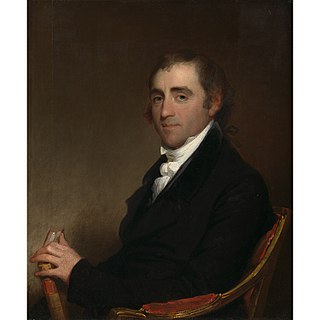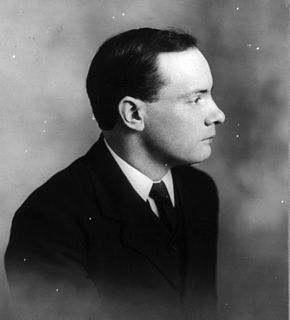A Quote by Howard Gardner
Much of education can and should take place in schools and other formally designated community institutions. But the world beyond the schoolhouse is crucial to education, and both traditional and new media are more important than ever.
Related Quotes
It is fitting that the Government of the United States should assume the obligation of the establishment and maintenance of a first-class university for the education of colored menand I wish to put in this caveatthat the colored race today, all of them, would be better off if they all had university education.... Of course, the basis of education of the colored people is in the primary schools and in industrial schools.... In those schools must be introduced teachers from such university institutions as this.
The facilities for advanced education must be evened out and multiplied. No one who can take advantage of a higher education should be denied this chance. You cannot conduct a modern community except with an adequate supply of persons upon whose education, whether humane, technical, or scientific, much time and money have been spent.
We have a dangerous trend beginning to take place in our education. We're starting to put more and more textbooks into our schools. We've become accustomed of late of putting little books into the hands of children, containing fables and moral lessons. We're spending less time in the classroom on the Bible, which should be the principal text in our schools. The Bible states these great moral lessons better than any other man-made book.
My parents were not formally educated. Both were cognizant of the importance of education. The teachers and ministers were the role models, and they would say, you should want to be like Miss Gardiner, you should want to be like Mr. Freeman, or be like your dad. Shun the people who don't value education.
It's really important to say this. Often the faith schools were founded before the state provided education. I want good education in this country so I'm not going to slag off faith schools. I think that it's important that people of different backgrounds and different faiths go to school together and many faith schools do that.
We know that the gifts which men have do not come from the schools. If a man is a plain, literal, factual man, you can make a great deal more of him in his own line by education than without education, just as you can make a great deal more of a potato if you cultivate it than if you do not; but no cultivation in this world will ever make an apple out of a potato.
Emotional 'literacy' implies an expanded responsibility for schools in helping to socialize children. This daunting task requires two major changes: that teachers go beyond their traditional mission and that people in the community become more involved with schools as both active participants in children's learning and as individual mentors.
Schools should be democratic public spheres. They should be places that educate people to be informed, to learn how to govern rather than be governed, to take justice seriously, to spur the radical imagination, to give them the tools that they need to be able to both relate to themselves and others in the wider world. I mean, at the heart of any education that matters, is a central question: How can you imagine a future much different than the present, and a future that basically grounds itself in questions of economic, political and social justice?

































